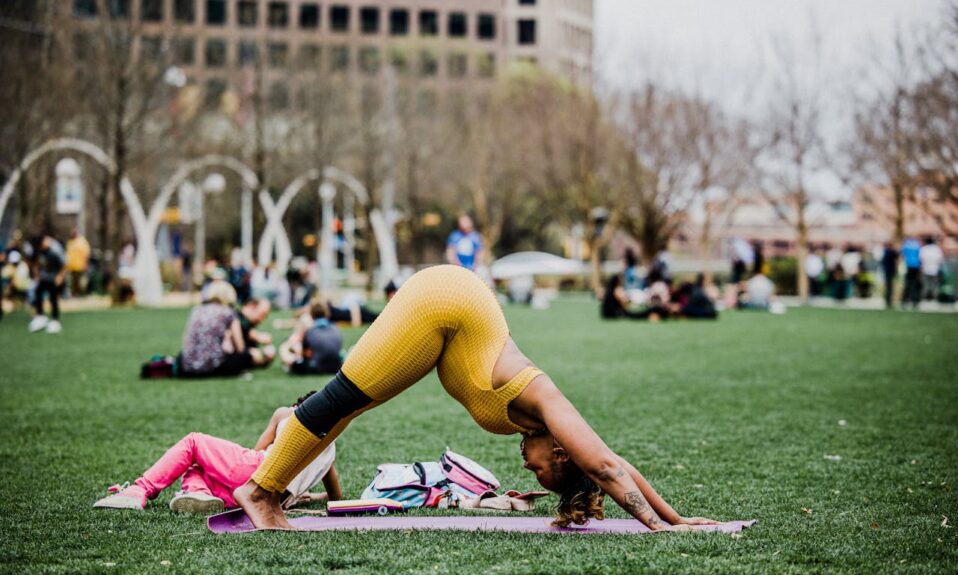Welcome to our comprehensive guide on how to host a successful yoga retreat. In this article, we will cover everything you need to know about planning, organizing, and executing a memorable yoga retreat for your participants. Whether you are a seasoned yoga instructor or a novice looking to dive into retreat hosting, this guide will provide you with the essential tools and insights to make your event a resounding success.
What are the key elements of a successful yoga retreat?
When planning a yoga retreat, several key elements contribute to its success. Firstly, choosing the right location is crucial. You’ll want to select a destination that offers a serene and peaceful environment, ideally surrounded by nature. The setting should provide the perfect backdrop for yoga practice, meditation, and relaxation. Additionally, offering a well-rounded itinerary that includes a variety of yoga classes, workshops, and wellness activities will keep participants engaged and satisfied. Nourishing and delicious meals that cater to various dietary preferences will also enhance the overall experience. Lastly, creating a sense of community and connection among the participants through group activities and bonding exercises will leave a lasting impression on everyone involved.
How do I select the ideal location for a yoga retreat?
When it comes to choosing the perfect location for your yoga retreat, consider a place that aligns with the principles of yoga – tranquility, beauty, and harmony. Look for venues that offer natural surroundings such as mountains, beaches, or forests, as they provide a serene and peaceful environment for practice and meditation. It’s also important to ensure that the location can accommodate the needs of your group, including lodging, practice spaces, and access to amenities. Far from the hustle and bustle of urban life, a remote and secluded venue will allow participants to disconnect from their daily routine and fully immerse themselves in the retreat experience.
What are some tips for creating a memorable itinerary?
When crafting the itinerary for your yoga retreat, consider the diverse needs and preferences of your participants. Offer a balanced schedule that includes various styles of yoga classes, such as hatha, vinyasa, and yin yoga, to cater to different levels and interests. Incorporate workshops and seminars on mindfulness, breathwork, and holistic wellness to provide a well-rounded experience. Additionally, schedule leisure time for participants to explore the surrounding area, engage in outdoor activities, or simply relax and recharge. Be mindful of pacing the itinerary to avoid overexertion and burnout, and allow for moments of reflection and meditation amidst the activities.
How can I foster a sense of community during the retreat?
Building a strong sense of community among the retreat participants is essential for creating a memorable and impactful experience. Incorporate group activities such as partner yoga, team-building exercises, or communal meals to encourage interaction and bonding. Consider organizing group discussions or sharing circles to facilitate meaningful connections and open dialogue among the participants. Creating opportunities for collaborative experiences, such as group hikes or volunteer activities, can also strengthen the sense of togetherness and mutual support within the retreat community.
What are some important factors to consider when planning meals for the retreat?
When it comes to meal planning for a yoga retreat, it’s essential to prioritize nourishing and wholesome foods that support the practice of yoga and holistic well-being. Offer a variety of plant-based and vegetarian options to accommodate different dietary preferences and restrictions. Incorporate fresh, locally sourced ingredients to provide participants with nutritious and flavorful meals. Consider consulting with a nutritionist or culinary expert to create a well-balanced menu that caters to the needs of the group. Moreover, be attentive to any food allergies or sensitivities among the participants and ensure that all meals are prepared with mindfulness and care.
Conclusion
In conclusion, hosting a successful yoga retreat requires careful consideration of essential elements such as location, itinerary, community-building, and nourishment. By prioritizing these aspects and infusing your retreat with mindfulness and intention, you can create a transformative and fulfilling experience for your participants. Remember to stay adaptable and attentive to the needs of your group, and embrace the opportunity to cultivate a nurturing and inspiring environment for all involved.
FAQs
Q: Do I need to be a certified yoga instructor to host a retreat?
A: While certification is not always mandatory, having a strong foundation in yoga practice and teaching is highly recommended. It’s important to be knowledgeable and experienced in guiding participants through yoga classes and facilitating a retreat setting.
Q: How far in advance should I start planning a yoga retreat?
A: It’s advisable to begin planning a yoga retreat at least six months to a year in advance to secure the ideal location, create a well-rounded itinerary, and promote the retreat to potential participants.
Q: What are some effective ways to promote my yoga retreat?
A: Utilize social media platforms, yoga community networks, and wellness event listings to promote your retreat. Collaborate with yoga influencers, offer early bird discounts, and provide engaging content that highlights the unique aspects of your retreat.
Q: How can I ensure the safety and well-being of participants during the retreat?
A: Prioritize participant safety by ensuring that the venue meets all necessary health and safety standards. Have a designated contact person for emergencies, and consider obtaining liability insurance for the retreat. Clearly communicate any important guidelines and expectations to participants before the retreat commences.
Q: What are some considerations for budgeting and pricing the retreat?
A: Factor in all expenses including venue rental, meals, instructor fees, marketing costs, and miscellaneous expenses when setting the price for your retreat. Consider offering early bird discounts or payment plans to make the retreat more accessible to potential participants.





